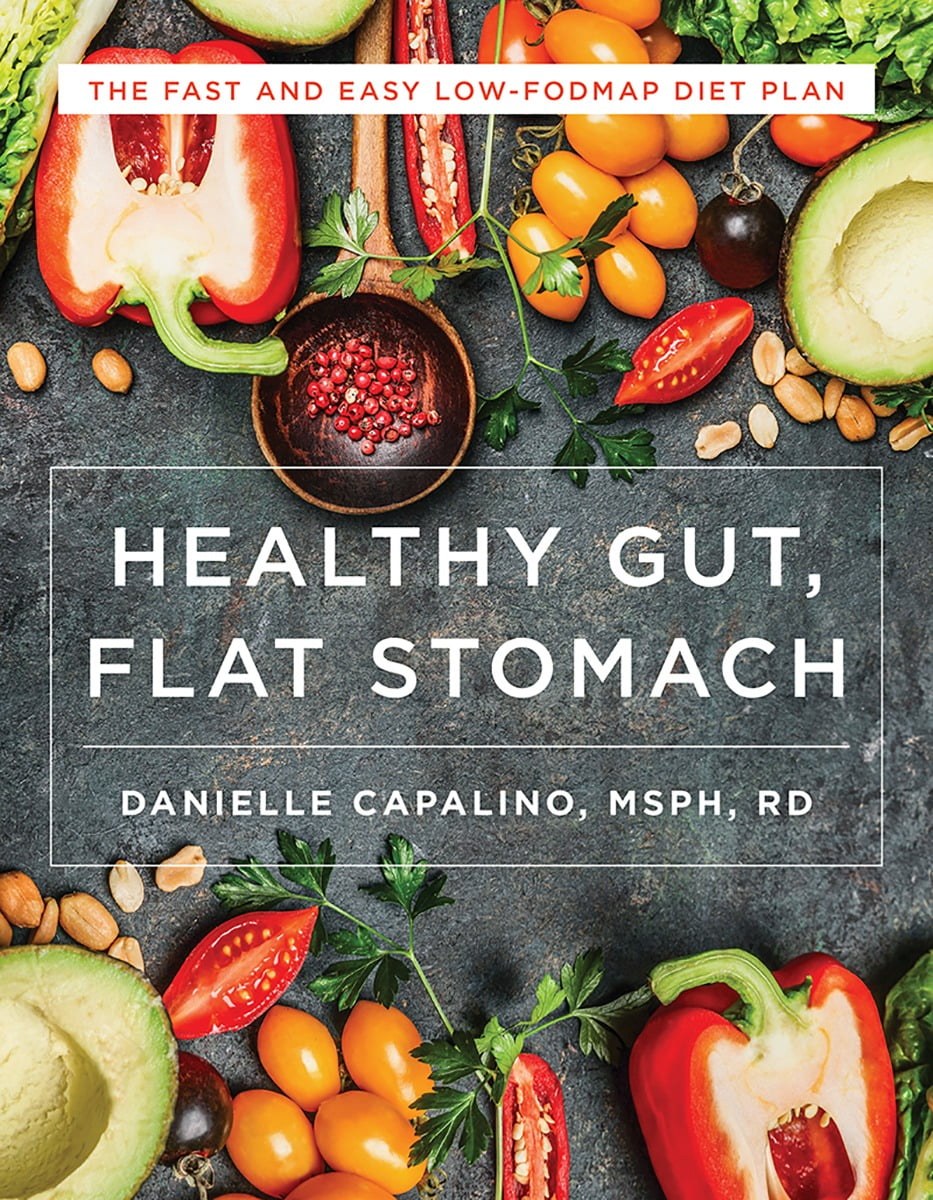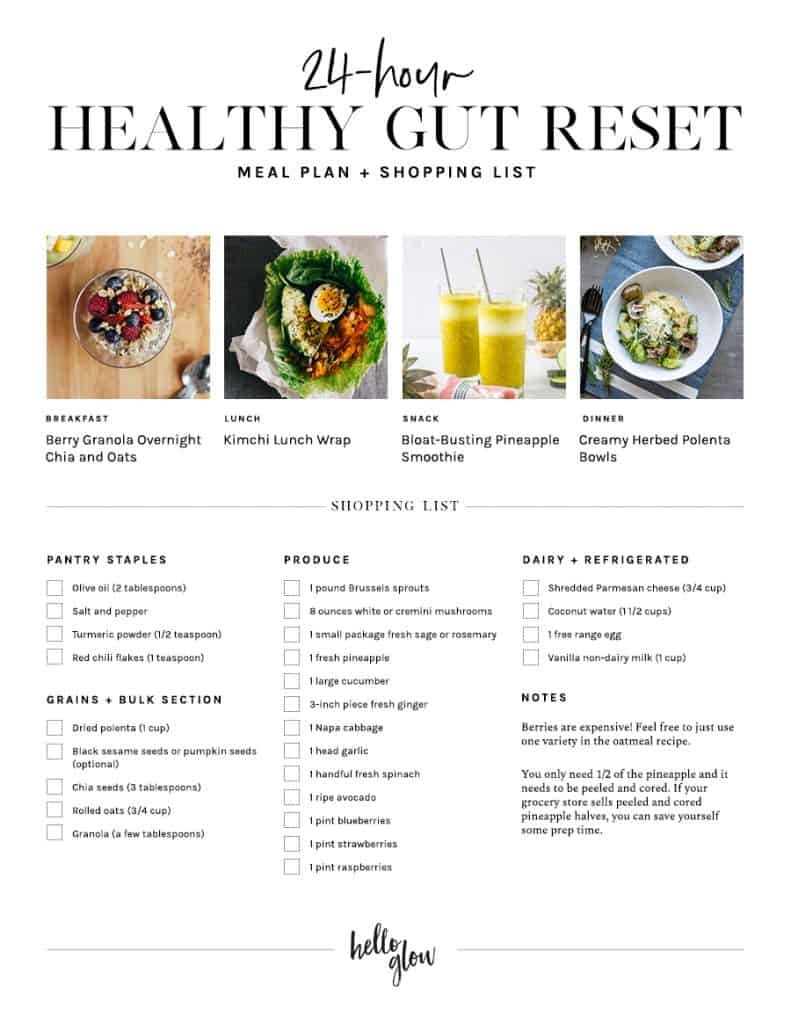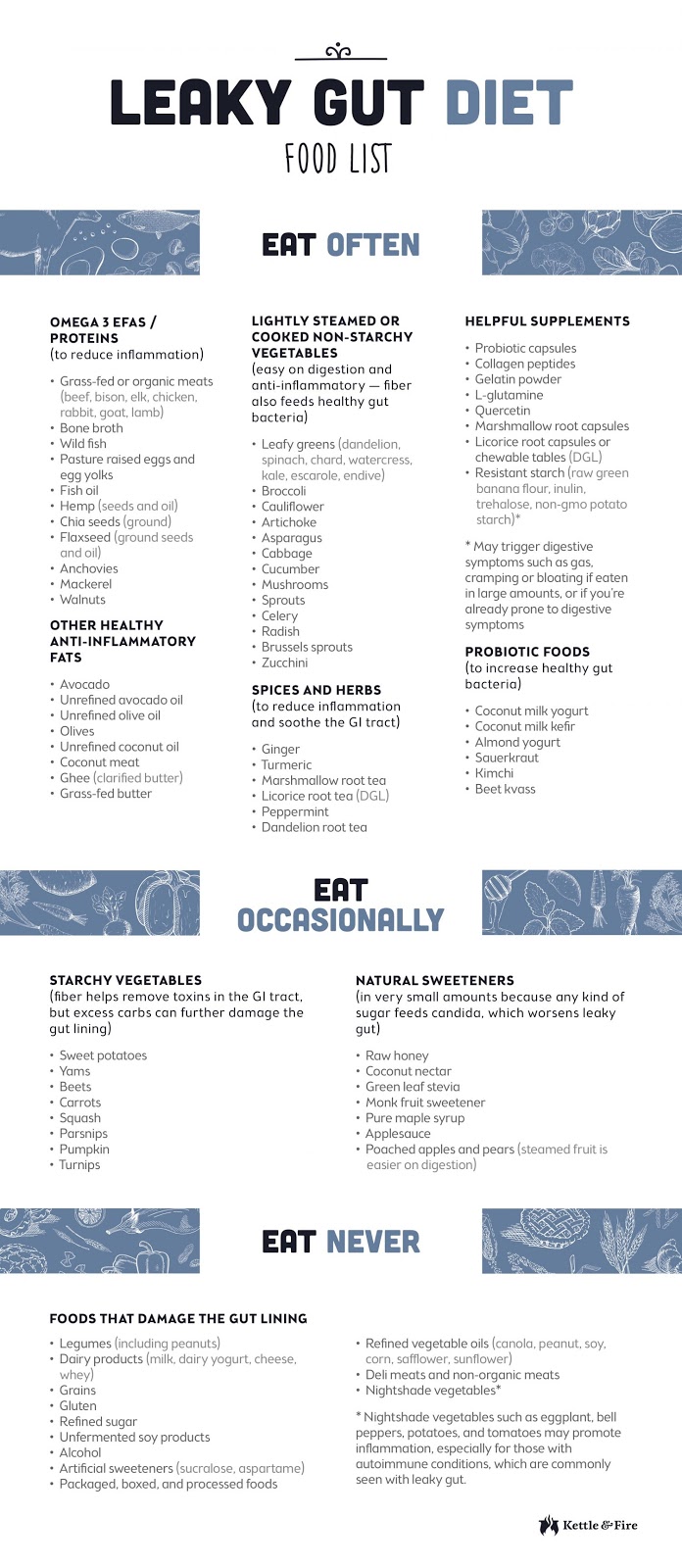Diet Plan For A Healthy Gut
Sunday, September 1, 2024
Edit

Diet Plan For A Healthy Gut
Why Is A Healthy Gut Important?
A healthy gut is essential for overall health. It helps to absorb nutrients, regulate the immune system, and break down toxins. This is why it's important to maintain a healthy and balanced diet. Eating a variety of nutrient-rich foods can help keep your digestive system running smoothly. Eating healthy foods can also help to protect against diseases such as diabetes and heart disease. By following a diet plan for a healthy gut, you can ensure your digestive system is functioning optimally.
What Foods Should You Eat For A Healthy Gut?
Eating a variety of healthy foods can help support a healthy gut. Include plenty of fresh fruits and vegetables in your diet. These are packed with vitamins, minerals, and fiber. Selecting high-fiber foods such as whole grains, legumes, and nuts can also help support your digestive system. Eating probiotic-rich foods such as yogurt, kefir, and sauerkraut can also help to keep your gut healthy. Fermented foods are especially beneficial, as they help to restore the balance of good bacteria in your gut.
What Foods Should You Avoid?
Certain foods can be detrimental to your gut health. Avoid processed foods that are high in sugar, fat, and salt. These can disrupt the balance of good bacteria in your gut. Caffeinated drinks such as coffee and energy drinks can also be damaging to your gut. It is also important to limit your intake of alcohol, as this can lead to inflammation and damage to your digestive system.
What Other Practices Can Help To Improve Gut Health?
Getting regular exercise can help to promote a healthy gut. Exercise helps to regulate hormones and digestion, as well as reduce stress. Stress can have a negative effect on your gut health, so it is important to manage it. Practicing yoga, meditation, and mindfulness can help to reduce stress and improve your overall wellbeing. Additionally, staying hydrated is essential for a healthy gut. Drinking plenty of water helps to flush out toxins and keep your digestive system functioning properly.
Conclusion
A healthy and balanced diet is essential for maintaining a healthy gut. Eating a variety of nutrient-rich foods such as fruits and vegetables, whole grains, and probiotic-rich foods can help to support your digestive system. Avoid processed foods, caffeine, and alcohol, and practice stress-reducing activities such as yoga and meditation. Staying hydrated is also key to keeping your digestive system running smoothly. Following a diet plan for a healthy gut can help to keep your digestive system functioning optimally.
30-Day Healthy Gut Challenge | EatingWell

Gut Health Diet Program : Essential Guide on low FoodMap to help people

The Gut Plan Diet : The revolutionary diet for gut-healthy weight loss

Healthy Gut, Flat Stomach: The Fast and Easy Low-Fodmap Diet Plan

Healthy gut diet plan: The good things to eat | Hospice of the Shoals

What is the best leaky gut diet to help heal your gut? Is there a leaky

24-Hour Healthy Gut Reset Meal Plan + Shopping List | Hello Glow

Healing Leaky Gut Naturally, Plus a FREE 5 Day Leaky Gut Diet Plan

Gut Healthy Foods Healthy Meal Plan | Cotter Crunch in 2020 | Healthy

7-Day Meal Plan for a Healthy Gut: 1,200 Calories | EatingWell
